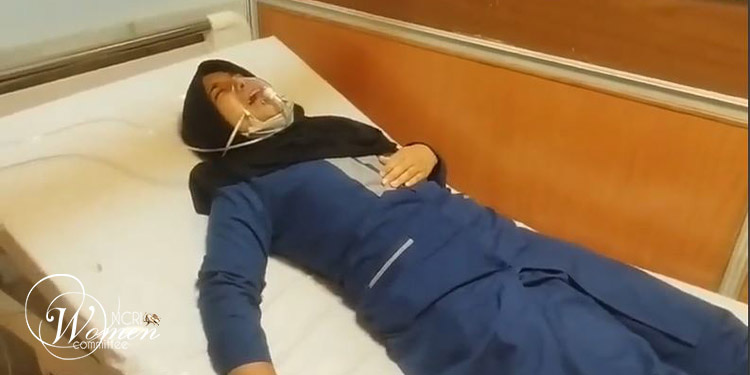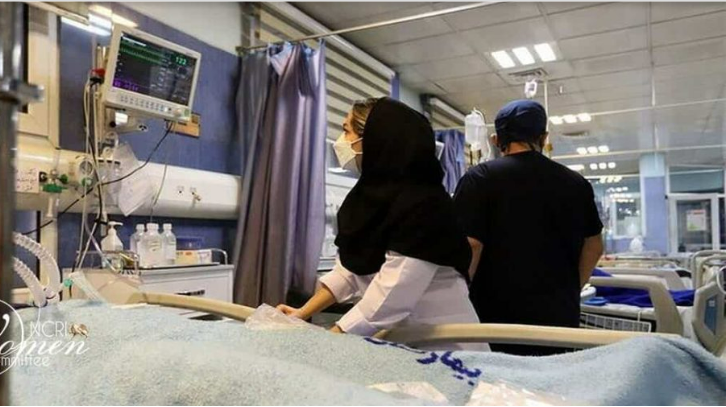
On Saturday, November 4, 2023, an incident at the Kowsar girls’ school in Ahvaz, Iran, led to the hospitalization of several students.
The pupils reportedly inhaled an odorous gas, which induced symptoms resembling poisoning, such as shortness of breath. However, official media sources in Iran have carefully avoided labeling the incident as “poisoning,” merely acknowledging that the students experienced “shortness of breath.”
Abdollah Afrazeh Shahavand, the political and intelligence deputy of the governor of Khuzestan, downplayed the severity of the incident, describing the students’ condition as “discomfort.” Shahavand strongly dismissed the idea of poisoning, suggesting that such terminology is part of an adversarial strategy intended to undermine national security.
This event is not isolated. Just the week before, on October 29, sixty-seven students at Zanjan’s Kowsar High School of Art were hospitalized under similar circumstances. And on November 1, a suspected chemical attack targeted an elementary girls’ school in the village of Rasoulabad Baghdanieh, in Sistan and Baluchestan province, resulting in the dispatch of ambulances to transport affected students for medical care. Military forces secured the site, restricting access to parents and residents.
The pattern of these incidents points to a chilling trend. From December 2022 through April 2023, over 700 schools in more than 160 cities across Iran have experienced similar chemical attacks, affecting an estimated 5,000 to 13,000 students. Tragically, at least five children have succumbed to these events. Critics accuse the clerical regime of inaction and a lack of transparency in addressing what appears to be organized attacks on educational institutions.

Abdollah Afrazeh Shahavand, attributed the incident to a benign gas leak, asserting that the odor emanating from a liquid used in the city’s gas system caused undue stress among students, leading to their symptoms.
In light of these disturbing developments, the NCRI Women’s Committee has appealed to the United Nations Special Rapporteurs, urging them to investigate this series of gas poisonings. The committee seeks to prompt a robust international response to safeguard young students and to prevent further such incidents.
Parents and activists within Iran express frustration and fear as the new academic year is marred by these recurring emergencies. The community is calling for immediate action and clear communication from authorities, hoping for a swift resolution that will restore safety and security to Iran’s schools.

MEK Iran (follow us on Twitter and Facebook), Maryam Rajavi’s on her site, Twitter & Facebook, NCRI (Twitter & Facebook), and People’s Mojahedin Organization of Iran – MEK IRAN – YouTu
